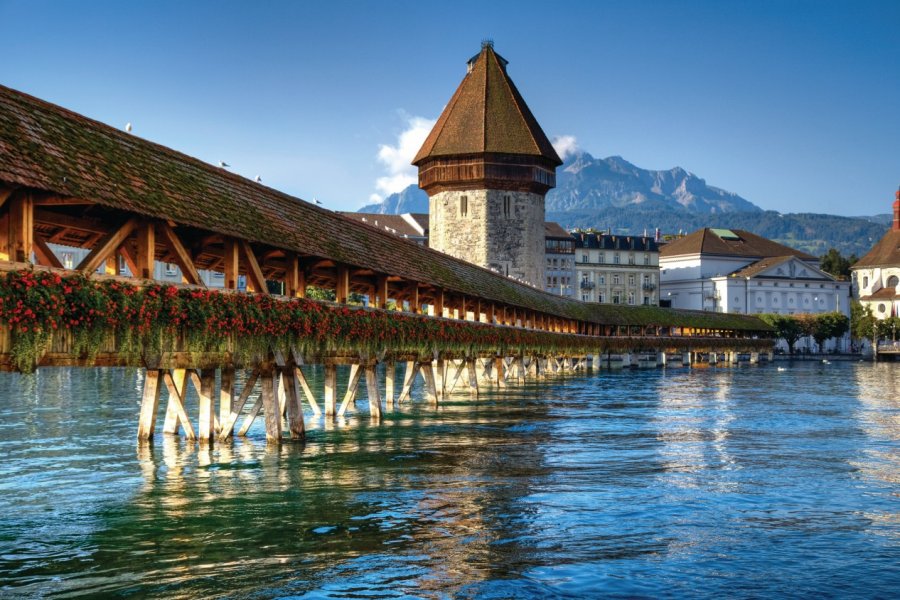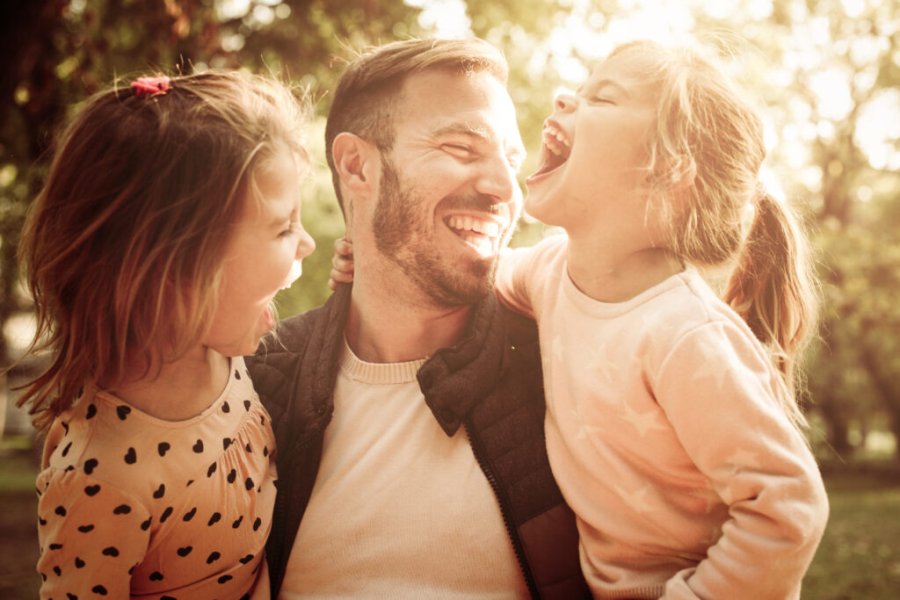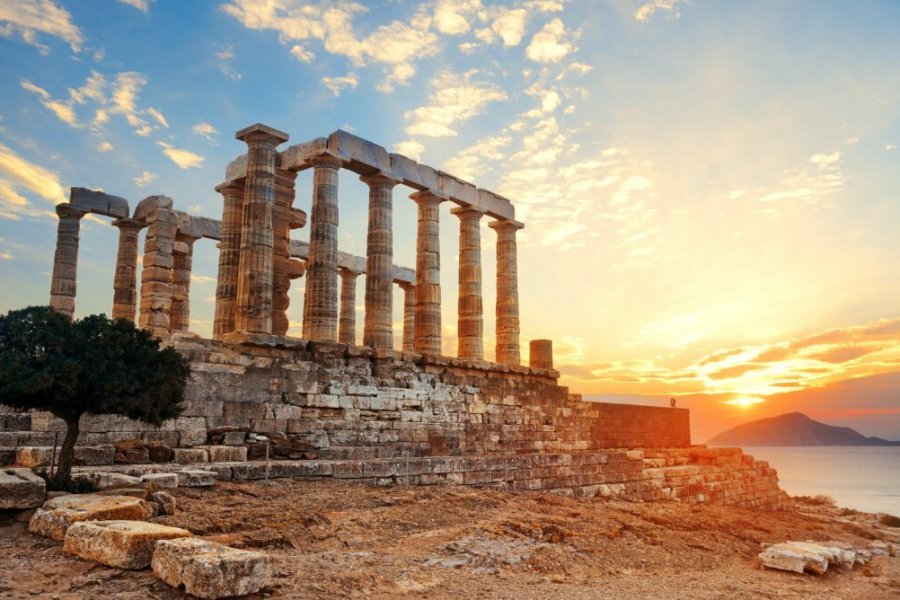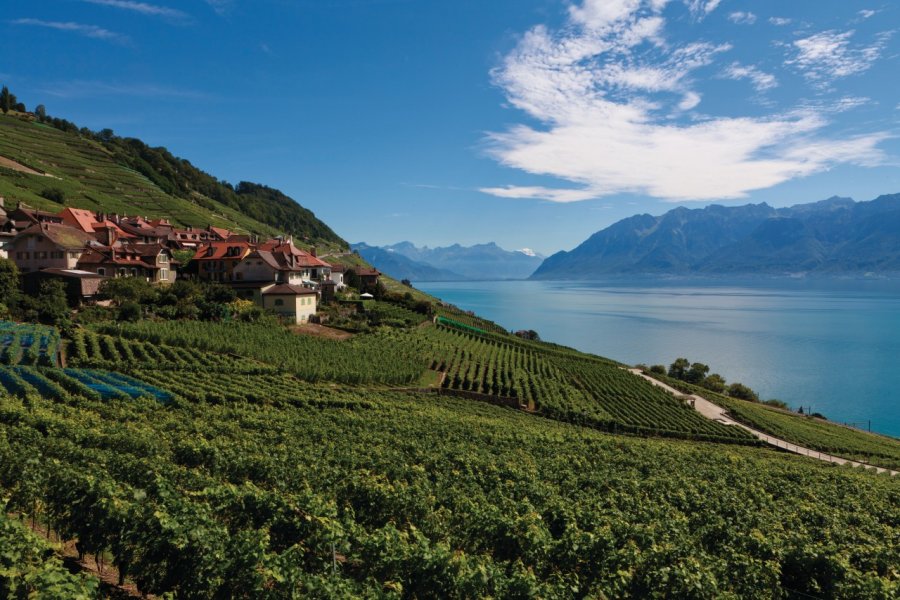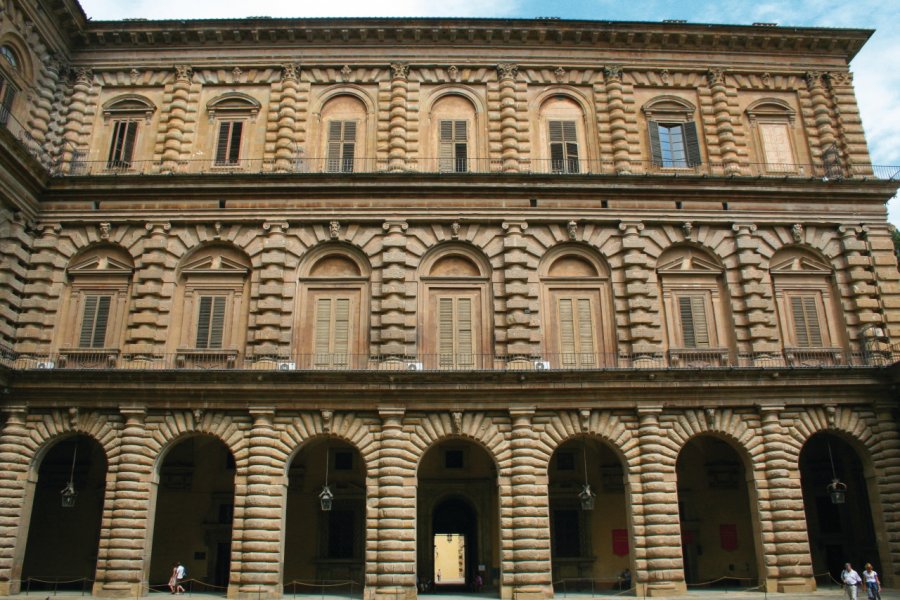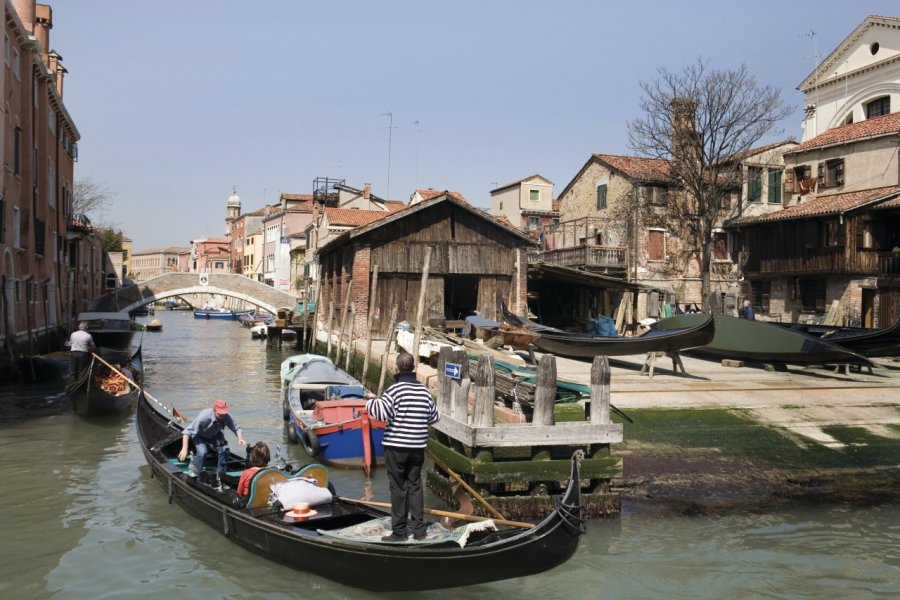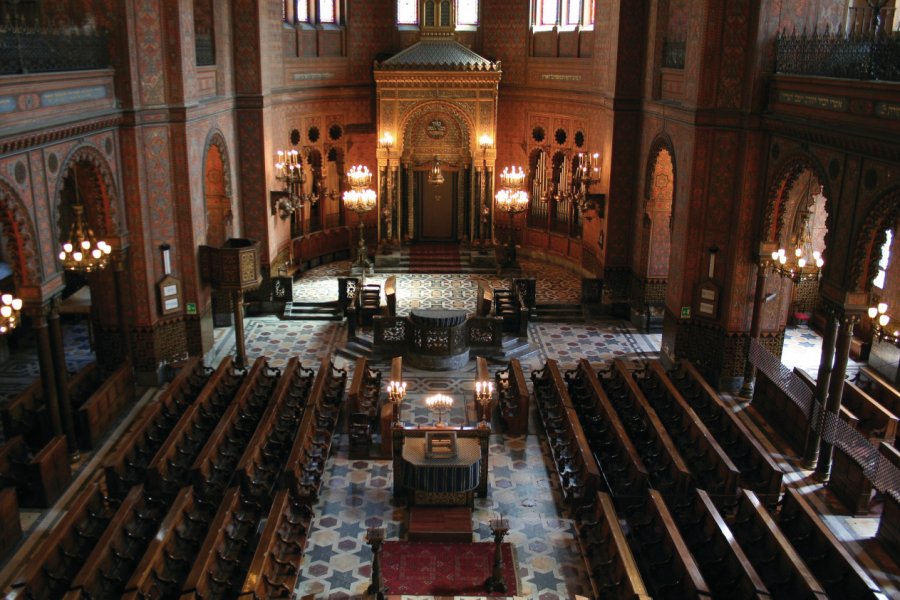Travel guide Switzerland
Beyond its banks and the famous Swiss neutrality, Switzerland evokes the sweetness of life, a certain lethargy even. It evokes a lot of little pleasures: a skiing session in the mountains, a hike around a lake, the tasting of a chocolate or a Gruyère, a visit to an exhibition, a friendly moment around a "real" fondue. Yes, the country refers to all this, as any tourist guide to Switzerland will say. From Geneva to Lake Constance, via Lausanne, Zurich, Basel or Bern, the capital, Switzerland offers a wealth of possibilities, despite its steep terrain. The Alps, which are present throughout the country, offer skiing and sliding sports in winter, hiking and mountain biking in summer. Its lakes and rivers are ideal for water sports and short cruises. As a natural destination, Swiss cities, which are avant-garde in terms of ecology, are not to be outdone. Rich in museums and monuments, each one has a unique charm. Depending on whether you are in German-speaking, French-speaking or Italian-speaking Switzerland, you will speak French, German or Italian, which may seem confusing. But don't stop at the language barrier, the Swiss are courteous, rigorous and have their own philosophy of life. And above all, don't forget the typical memories: cuckoo clocks, knives and lace, watches and small cows carved in wood, local wines and Grisons meat.
What to see, what to do Switzerland?
-
Book an activity
-
Customized travel
- The most beautiful cities Switzerland
When to go Switzerland ?
Switzerland has two peak tourist seasons: in July-August, and from December to March for winter sports. The best time to travel to Switzerland will vary according to your wishes. From June to September, during the summer season, pleasant temperatures encourage a wide variety of outdoor activities. If you visit Switzerland in spring or autumn, you will of course avoid crowds of tourists and can benefit from cheaper hotel rates. On the other hand, think about taking an umbrella! If you want to enjoy winter sports, the season generally begins at the end of November and ends with the melting of the snow in early spring.
Suggested addresses Switzerland
Travel Switzerland
-
Find a hotel
-
Car Rental
-
-5% on travel insurance-15% off travel insurance
-
Find a local agency
Like its population and its multilingualism, Switzerland has a wide variety of landscapes that allow for a wide range of sporting activities. In addition, there is a rich heritage and numerous cultural options. It is therefore best to plan a stay of at least one week. A three-day weekend getaway is best in cities such as Geneva, Lausanne, Zurich or Lugano. These cities allow you to combine frenetic shopping, cultural visits in the magnificent museums and lazing around on the lakeside. If you are more of an extended holiday, don't hesitate to play jumping jacks and go down the Alpine peaks while tasting typical cheese dishes and staying in chalet-style boutique hotels. The Swiss countryside remains very authentic and the welcome is always very charming. The thematic range of stays is very wide!
Find unique Stay Offers with our Partners
How to go Switzerland
How to go alone
Switzerland is a country where you can go alone without any problem. It is a very safe destination. On the spot, the organization is perfect. The tourist offices will inform and help you. Internet reservations for accommodations are a well established practice. And they speak French, German and/or Italian depending on the canton. Moreover, English is understood by almost all Swiss people. It's up to you to organize your stay without ruining yourself...
How to go on a tour
There is a wide variety of tour packages available in Switzerland. Some agencies will propose you winter sports stays (accommodation, travel, ski pass...). Others will specialize in city breaks (three days in Bern, Geneva, Basel or Lausanne for example). Another possibility is themed stays: cruises, ecotourism, spa treatments, etc.
How to get around
The public transport network is very dense in Switzerland: plane, train or bus. All the lakes of Switzerland are navigable and can be visited in one way or excursions. Very pleasant to discover the country. If you plan to combine train, boat and bus transportation, opt for the Swiss Travel Pass. Finally, the most advantageous way to get around may be by car (your own or rented). As long as it is well equipped for the mountains and snow...
Featured articles Switzerland
Discover Switzerland
The thirst for discovery is unquenchable, so great is the variety on offer. Do you love the mountains? We've got it covered: canyoning, hiking, cogwheel train rides, paragliding, snow sports, cheese tasting. Breathtaking mountain panoramas and maximum comfort. The lakes are ideal for steamboat trips, diving in the frozen high mountain lakes or swimming in the crystal-clear waters of the rivers. Museums are a must for tourists, and some are emblematic of the destination, such as those devoted to chocolate and watchmaking. The bucolic and authentic side of the region is enhanced by village events, open-air museums and experiences to share local know-how (cheese-making, chocolate workshops...).
Pictures and images Switzerland
The 12 keywords Switzerland
1. #Banks and Secrets
With as many as 250 banks represented, banking secrecy has been stale since 2015. In the name of transparency, the European Union and the Organisation for Economic Co-operation and Development have decided that Swiss banks must disclose the names of their clients to avoid being accused of complicity in tax evasion.
2. #Chocolate

The oldest brand is that of François-Louis Cailler, who opened his store in Corsier-sur-Vevey in 1819. Philippe Suchard opened one in Serrières, Charles-Amédée Kohler in Lausanne. Milk chocolate appeared in Vevey in 1875, thanks to Daniel Peter. The reputation of chocolate is well established, and continues to be enhanced by innovation.
3. #Swiss Knife

An indispensable tool of the Swiss army since 1961 (Victorinox® brand), the famous little red knife with a white cross has become an emblem of Switzerland. Constantly improved, it does more than just cut: it can also be used as a magnifying glass, toothpick, cigar cutter, ballpoint pen, lamp or barometer.
4. #RedCross
Based in Geneva, the International Committee of the Red Cross (ICRC), an impartial, neutral and independent organization, was founded in 1863 by Henri Dunant, who witnessed many injuries during the Battle of Solferino. The ICRC provides humanitarian assistance to people affected by armed conflict or in emergency situations.
5. #Ecology
The environment is a key issue for the Swiss economy. The country has made great strides in the field of ecology by implementing concrete actions. The Swiss are often held up as an example to follow when it comes to recycling, thanks to their management of waste collection, sorting and recovery systems.
6. #Multilingualism
With four official languages, Switzerland is a multilingual country par excellence. German is the official language in nineteen of the twenty-six cantons. Four cantons - Geneva, Vaud, Neuchâtel and Jura - are exclusively French-speaking. As you drive through the country, you'll hear Swiss people speaking German, French, Italian and Romansh.
7. #Neutrality
The only time Switzerland attempted a military alliance, with the Milanese at the battle of Marignan in 1515 against the troops of François I, was a failure. Switzerland signed a peace treaty with France, giving rise to the status of neutrality, which was recognized under international law in 1815 with the Treaty of Vienna.
8. #UNO
Although Geneva is the second-largest UN headquarters after New York, it was only on September 10, 2002 that Switzerland became the 190th full member of the United Nations. Switzerland has also contributed logistically and financially to various UN peacekeeping activities.
9. #Funicular trains

The Swiss network is dense, with 122 km of track per 1,000 km2. The European Union average is 46 km of track per 1,000 km2. Where there's steep terrain, there's a funicular! It's almost self-evident: mechanics and mountains go hand in hand, so it was a Swiss by the name of Egben who perfected the principle of the funicular railway in 1879.
10. #Bikes
Many Swiss people living in large cities travel by bike. There are often genuine cycle paths. Mountain biking is also very popular, and most tourist offices offer detailed routes. Bicycles can be rented at all railway stations, or borrowed in some towns.
11. #Vineyards

A former European hub for the geographical distribution of grape varieties in Roman times, Switzerland occupies a key position in contemporary wine history. Today, Switzerland produces a number of internationally renowned wines. The terraced vineyards of Lavaux are a Unesco World Heritage Site.
12. #Vote
"Voting" rather than voting! In Switzerland, we vote all the time - it's called direct democracy. Women were only granted the right to vote in 1971. It took another twenty years for this measure to be applied in the canton of Appenzell Innerrhoden. The majority of votes are cast digitally, and all subjects are discussed.
You are from here, if...
You never arrive late for an appointment : punctuality is a must.
You refrain from arrogance. The Swiss are quick to spot a pretentious Frenchman!
You don't throw garbage on the floor : the environment is everyone's concern here!
You say hello withthree kisses, not two.
You plant a Swiss flag in your garden or on your balcony.
You eat at least 10 kg of chocolate a year.
You've mastered the recipe for half-and-half fondue, the famous fondue originating in the canton of Fribourg and served with white bread or potatoes.
You have breakfast in the morning, lunch at midday and dinner in the evening.
You're proud of your cantonal accent.
You always leave a tip in restaurants or bars.
You juggle the country's four languages.
You say "service" for thank you, "natel" for telephone and "syndic" for town mayor.

